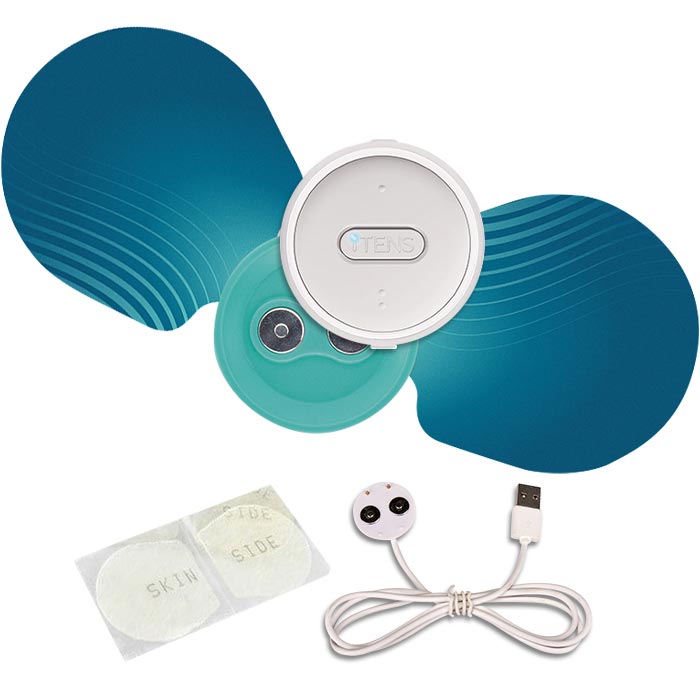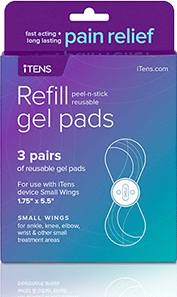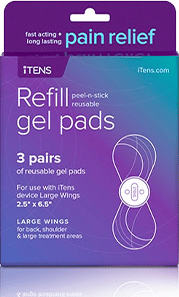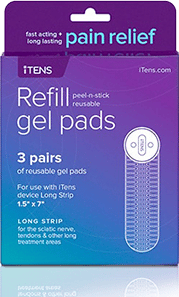
Various medications could help relieve stomachaches by releasing chemicals targeting the nerve cells that send pain signals to the brain. Many people take oral medicines as the first step for relieving minor pain, discomfort, or disturbances. However, stomach pain may occur for several reasons. Therefore, stomachache medicines depend on the main cause of the pain. They could help reduce pain perception by working directly on the source of the problem.
Stomachache is a common condition affecting people of all ages. It could also happen at any time. Thus, experiencing it does not cause alarm. Instead, many rely on over-the-counter (OTC) medicines to help alleviate the situation. In addition, oral medications may also help people manage pain quickly without going to the doctor. The succeeding sections will talk about how oral drugs treat pain, the kinds of stomachache medications, and common stomachache conditions.
How Do Stomachache Medicines Work in the Body
When something is wrong in the body, people can usually feel the pain directly in the affected area, such as the stomach. The sensory nerves in the pain site send chemical messages to the brain through the spinal cord. In response, the brain receives and interprets these messages back as pain. It also coordinates appropriate feedback to help minimise pain or discomfort. Stomachache medicines work on those nerves to stop them from sending messages to the brain.
Medicines contain active ingredients that work on different systems of the body to relieve pain. For example, non-steroidal anti-inflammatory drugs (NSAIDs) help keep damaged nerve cells from producing prostaglandins. They are compounds that influence body reactions in specific tissues. Likewise, high prostaglandin levels contribute to swelling, redness, heat, and pain. Therefore, medicines keep the cells from releasing chemicals so the brain will get fewer pain signals. As a result, the perception of pain reduces or becomes less severe.
After ingestion, oral drugs dissolve in the stomach and intestines. Then, they enter through the bloodstream where they circulate and reach their target area. Various types of drugs have different absorption rates and peak levels. In general, stomachache medicines become active within a few minutes and peak within one to two hours. When the drug has reached its highest concentration, it releases its maximum pain-relieving effects. Moreover, after the peak level, the body metabolises it until it is completely eliminated.
Considerations for Intake of Oral Medicines
Oral administration of stomachache medicines must consider the following:
- Absorption rate and peak levels vary with different types of drugs
- Some people absorb medications faster or slower than the average
- Some individuals metabolise drugs faster or slower than the average
- Schedule medication administration according to label instructions

Kinds of Stomachache Medicines
It is essential to identify the actual cause of stomach pains to get the proper treatment. Various stomachache medicines work differently and have varying effects. Therefore, it is vital to follow the recommended intake guidelines for multi-dose regimens to avoid adverse effects. In addition, people could get relief through OTC medicines or prescribed drugs, depending on their condition. For severe pain, getting the correct diagnosis is essential to treat pain appropriately.
People may get OTC medicines for mild to moderate symptoms. They are available to the public without a prescription. These drugs are considered safe to use and sold in lower doses per Food And Drug Administration (FDA) requirements. Additionally, it is vital to take medicines according to age specifications. Individuals may get these pain relievers for acute abdominal pain, such as muscle cramps, period pain, gas pain, indigestion, and diarrhoea. Examples are aspirin, naproxen, and ibuprofen.
On the other hand, prescription medicines are only accessible when a licensed practitioner prescribes them. They also tend to have higher concentrations or doses compared to OTC drugs. Likewise, they are intended to be used by one person and not for general consumption. People can get a prescribed stomachache medicine after a medical examination or diagnosis if OTC medicines do not help. Lastly, although they are tested to be safe, they may cause different reactions.
Types of Prescribed Medications
Individuals often take prescribed stomach ache medicines due to chronic conditions. These treatments include the following:
- Steroids – drugs like prednisone have anti-inflammatory effects.
- Antibiotics – help clear an infection that is causing stomach pain or ulcers.
- Proton pump inhibitors (PPI) – a strong type of medicine that helps reduce stomach acid.

Conditions Needing Stomachache Medicines
Stomach or abdominal pain is often harmless and goes away within a few hours or days. However, they could be uncomfortable and disrupt daily routines. Hence, some people take stomachache medicines to control the pain and allow them to continue working. People also take oral medications as they can work fast. The common types of stomach pain are digestive problems, bloating, cramps, and an underlying health condition.
Abdominal pain after eating is usually linked to indigestion, constipation, diarrhea, and food allergies. They may cause gas pains and problems with bowel movements. Thus, individuals take drugs based on their particular condition. For constipation, laxatives and other stool softeners may help. On the other hand, inflammation may be due to peptic ulcer, gastroesophageal reflux disease (GERD), gallstones, and gastroenteritis. Antibiotics and other prescribed drugs can help treat infections that cause inflammation.
Stomachaches could also be symptoms of an underlying condition. If the abdominal pains get more frequent or longer, consult a professional right away. For women, endometriosis, fibroids, and other reproductive disorders may cause stomach pain and difficulty urinating. The symptoms may also worsen during menstrual periods. In addition, these conditions are often confused with other pelvic inflammatory diseases or irritable bowel syndrome. Therefore, getting a medical diagnosis can help doctors prescribe the right stomachache medicine and other treatments.
How to Avoid Stomach Pain
Acute stomach pain could be easily avoided through the following measures:
- Increase water intake. Drink more water and less soda.
- Avoid lying down after meals to minimise acid reflux.
- Try a high-fibre diet.
- Manage factors that trigger stomachaches like stress and anxiety.
- Do not eat food if you have an intolerance or allergic reactions.
Conclusion
Stomachaches are common and may happen anytime. Thus, it is not a cause for concern. People take OTC stomachache medicines to relieve mild pain. For acute pain like indigestion, antacids and NSAIDs like aspirin and ibuprofen may help. Additionally, oral medications relieve pain by blocking the nerves that send pain messages to the brain. Anti-inflammatory drugs block the enzymes that produce prostaglandins. As a result, it reduces pain perception. Meanwhile, severe conditions may need prescription drugs with higher doses.
Oral medicines are fast and convenient in relieving pain. Individuals may feel relief after fifteen minutes of ingestion. However, it is vital to note that pain medicines only treat the symptoms and not the cause of pain. Therefore, people must exercise caution when taking drugs, especially if the pain persists. For chronic stomachaches, individuals must seek medical attention to receive proper treatment.







